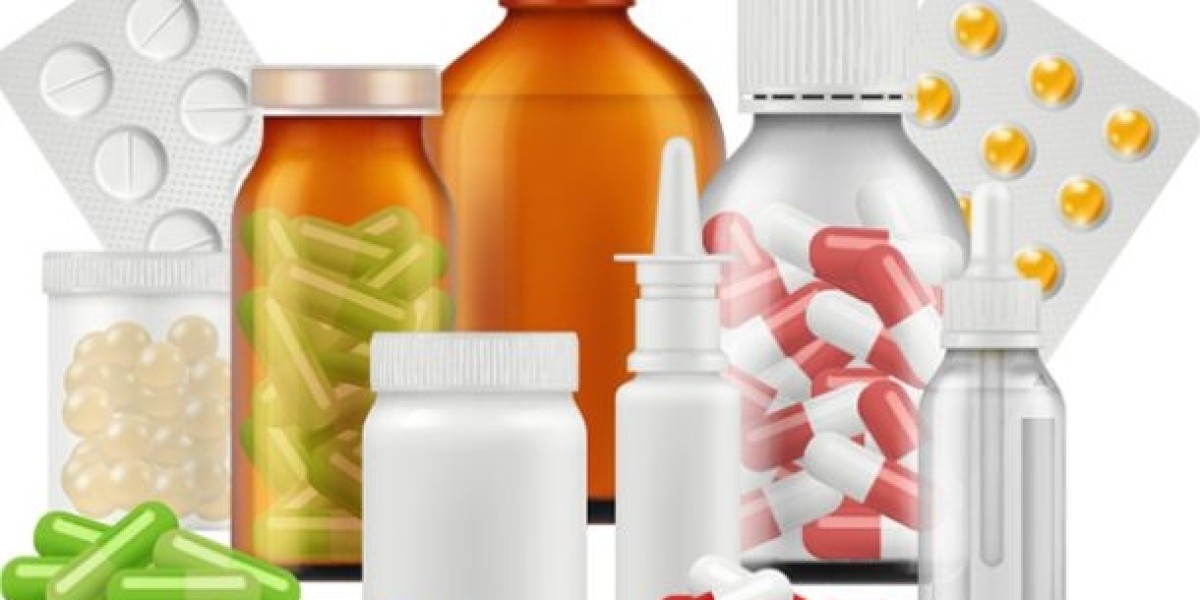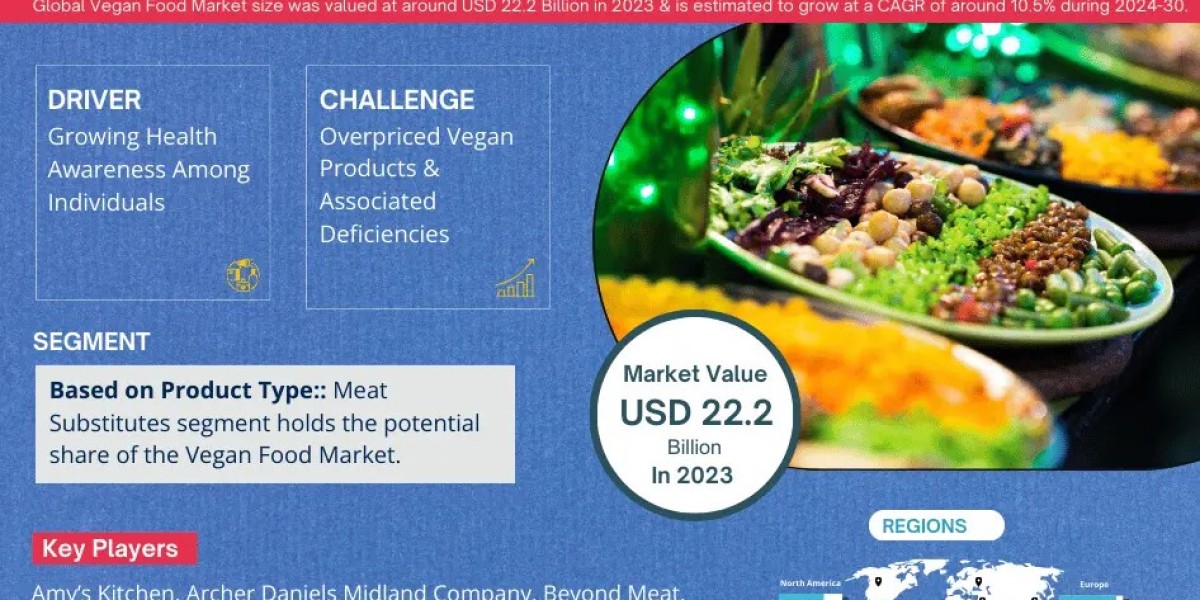The healthcare and life sciences industry is vast, with products ranging from medical devices and pharmaceuticals to laboratory equipment and reagents. At the heart of this industry lies the critical role of wholesale distributors who serve as a bridge between manufacturers and end-users, including hospitals, clinics, research institutions, and other healthcare providers. In this article, we’ll explore the importance of Lifesciences wholesale distributors, the challenges they face, and how they ensure the smooth delivery of life-saving products to various markets.
The Role of Lifescience Wholesale Distributors
Wholesale distributors in the life sciences sector are responsible for the procurement, storage, and distribution of products used in medical, research, and diagnostic settings. These products can include everything from surgical tools, diagnostic kits, laboratory chemicals, and pharmaceuticals, to more specialized items like biotechnology equipment and clinical reagents.
1. Sourcing and Procurement
Wholesale distributors play a pivotal role in sourcing products from manufacturers, ensuring that items are available in the quantities and specifications required by end-users. By purchasing in bulk directly from manufacturers or authorized suppliers, these distributors can provide healthcare providers with a reliable supply of essential products at competitive prices.
2. Inventory Management and Storage
Efficient inventory management is crucial for life science wholesale distributors. Products must be stored according to regulatory standards and often require temperature-controlled environments, especially for items like vaccines, biologics, and certain chemicals. Distributors ensure that inventory is carefully managed to avoid stockouts, reduce waste, and guarantee that products are available when needed. This involves sophisticated warehouse management systems (WMS) and tracking tools to monitor product expiry dates, stock levels, and order fulfillment rates.
3. Logistics and Delivery
Once products are procured and stored, wholesale distributors must ensure timely delivery to their customers. In the life sciences sector, this often involves complex logistics, including international shipping, customs clearance, and last-mile delivery to healthcare institutions. Distributors are responsible for ensuring that the correct products are delivered on time, with proper documentation and packaging to meet regulatory requirements.
4. Regulatory Compliance
The life sciences industry is heavily regulated, with strict rules governing the manufacture, transport, and sale of products. Distributors must adhere to local and international regulations, such as those imposed by the Food and Drug Administration (FDA), the European Medicines Agency (EMA), and other national health authorities. This includes ensuring that all products are sourced from authorized manufacturers, are properly labeled, and meet quality standards.
Wholesale distributors often work closely with regulatory agencies to stay updated on changes to laws and guidelines. They are also responsible for maintaining product traceability, managing recalls, and ensuring that their customers have the correct information to comply with regulations.
5. Value-Added Services
Beyond simply transporting products, many Lifesciences Wholesale Distributors provide additional value-added services. These may include:
- Product education and training: Offering educational resources or conducting training sessions for healthcare professionals on the correct usage of products.
- Custom packaging: For certain products, distributors may offer customized packaging to fit specific needs, such as the preparation of diagnostic kits or laboratory reagents.
- Technical support: Providing troubleshooting assistance, product recommendations, or consultations to help healthcare providers or research teams select the appropriate products for their needs.
- Clinical trial support: In collaboration with pharmaceutical or biotechnology companies, distributors may be involved in the provision of materials for clinical trials, ensuring that trial products are delivered according to protocol.
Challenges Faced by Lifescience Wholesale Distributors
The role of wholesale distributors in the life sciences industry is not without its challenges. From navigating complex supply chains to managing global regulations, distributors face several hurdles that can impact their efficiency and ability to deliver products on time. Let’s explore some of these challenges.
1. Supply Chain Disruptions
The COVID-19 pandemic highlighted the fragility of global supply chains, and life science wholesale distributors are no exception. Interruptions in the production or transport of products can lead to stock shortages and delays in delivery. Distributors must manage their inventory carefully, maintain relationships with multiple suppliers, and have contingency plans in place to mitigate the risk of shortages.
2. Regulatory Complexity
With the life sciences industry being one of the most regulated sectors in the world, distributors must navigate a complex web of regulatory requirements. Different countries have their own rules regarding the importation, distribution, and sale of life science products. Distributors must ensure they are fully compliant with these regulations to avoid penalties and product recalls.
In addition, distributors must track the evolving nature of regulatory requirements, including product certifications, labeling standards, and safety protocols. For instance, in the European Union, medical devices are subject to the EU Medical Device Regulation (MDR), while in the U.S., the FDA enforces strict rules for drugs and medical devices.
3. Temperature Sensitivity and Handling
A significant portion of the products handled by life science wholesale distributors is sensitive to temperature variations, such as vaccines, biologics, and certain medical supplies. Managing these products requires specialized cold storage facilities and transportation vehicles with temperature control capabilities. Any failure in temperature regulation can lead to the degradation of products, rendering them ineffective or unsafe for use.
This means that distributors must invest in sophisticated logistics systems, monitor product conditions during transit, and ensure that all stakeholders in the supply chain follow best practices for handling temperature-sensitive products.
4. Technological Advancements and Automation
With the rapid pace of technological innovation, distributors must stay ahead of the curve by adopting new technologies to optimize their operations. This includes implementing enterprise resource planning (ERP) systems, warehouse automation, predictive analytics for demand forecasting, and digital tracking tools for shipments. While these technologies can enhance efficiency, the cost of adoption and integration can be a barrier for some distributors, particularly smaller players in the market.
5. Cost Pressures
The global life sciences industry is under increasing pressure to reduce costs, and wholesale distributors are no exception. With rising costs in transportation, raw materials, and labor, distributors are forced to find ways to maintain their margins without compromising service quality. This may involve renegotiating supplier contracts, optimizing supply chains, or passing on some of the cost increases to customers.
The Future of Lifescience Wholesale Distribution
As the life sciences industry continues to evolve, so too will the role of Edwards Lifesciences Figma distributors. Several trends are shaping the future of this sector.
1. Increased Demand for Biotechnology and Personalized Medicine
The rise of biotechnology and personalized medicine will likely lead to a greater demand for specialized products, such as gene therapies, advanced diagnostic tools, and targeted treatments. Distributors will need to adapt by ensuring they have the capabilities to handle these sophisticated products and deliver them to the right markets.
2. Growth of E-commerce in Healthcare
E-commerce is becoming an increasingly important sales channel for healthcare products, including those in the life sciences sector. Distributors are leveraging digital platforms to reach more customers, streamline ordering processes, and offer greater convenience. This shift towards digital transactions may also open up new opportunities for global distribution, allowing distributors to reach underserved markets more easily.
3. Sustainability Efforts
Sustainability is a growing concern for businesses across all sectors, including life science wholesale distribution. Distributors are under pressure to reduce their environmental impact by adopting greener practices, such as using eco-friendly packaging, optimizing transportation routes, and reducing energy consumption in warehouses.
4. Advanced Data Analytics
The use of advanced data analytics will help distributors better predict demand, manage inventories, and optimize supply chains. With real-time data on customer preferences, product usage patterns, and market conditions, distributors can improve their decision-making and enhance their service offerings.
Conclusion
Life science wholesale distributors are integral to the healthcare and life sciences supply chain, ensuring that essential products reach the right place at the right time. Their ability to manage inventory, navigate regulatory requirements, and handle specialized products like temperature-sensitive biologics makes them an indispensable part of the Charlie Naylor Key Lifesciences industry. As the sector continues to grow and evolve, distributors will need to adapt to new technologies, regulatory changes, and shifting market demands. By embracing these challenges, they can continue to play a vital role in delivering life-saving products to healthcare providers worldwide.








